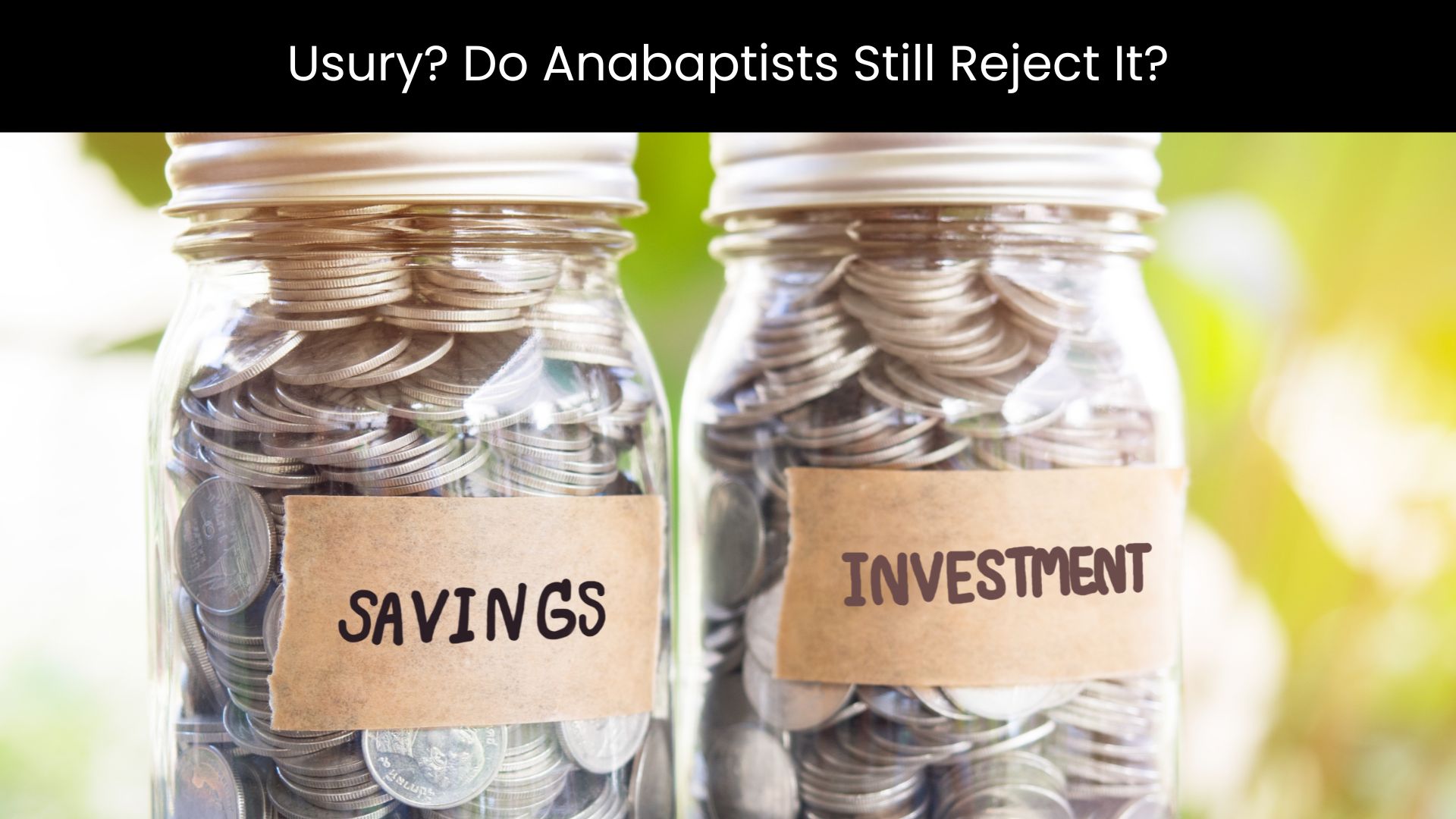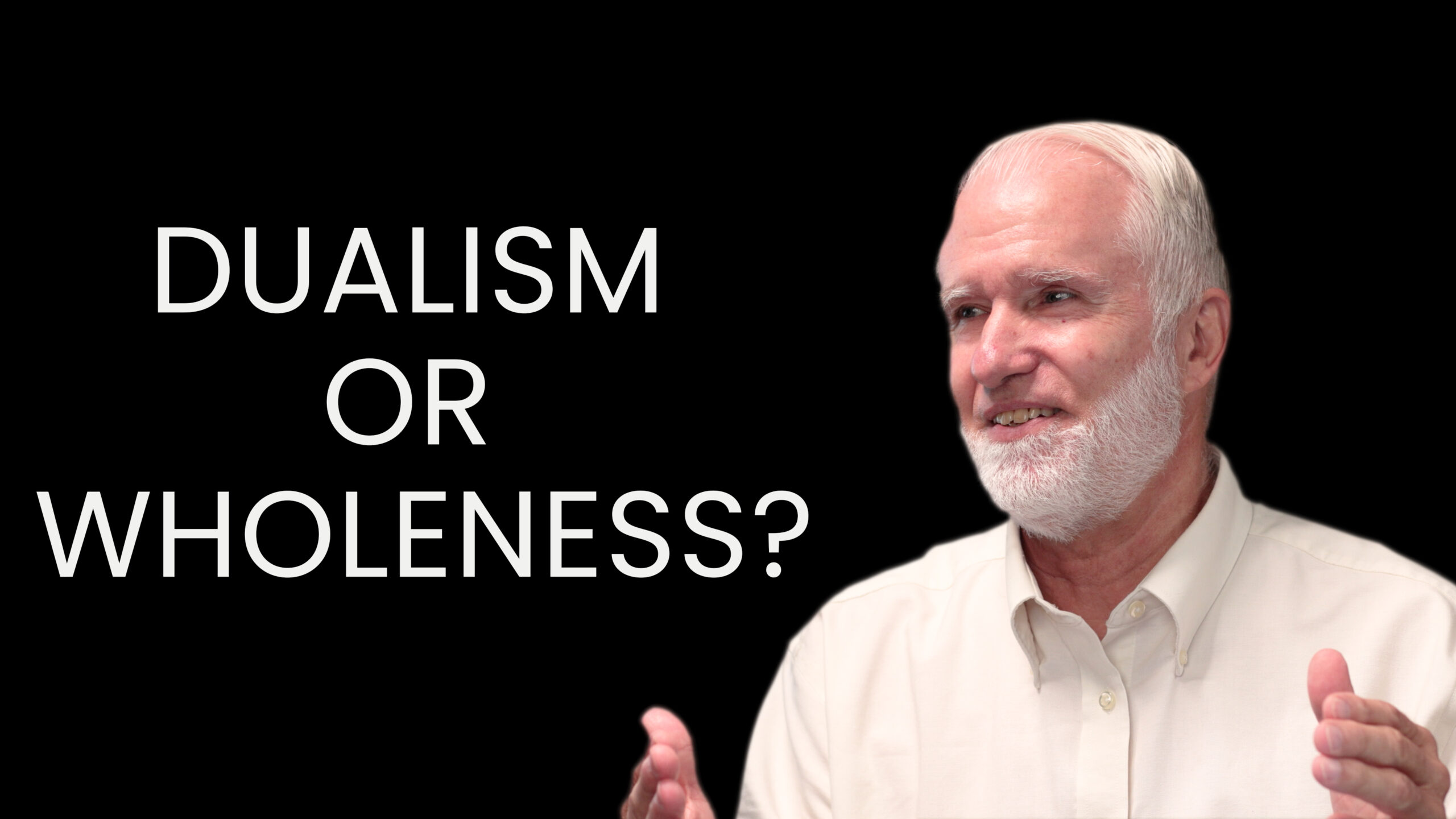Entrepreneurs as Servant-Managers
Part Two of Business as Stewardship
A business person should steward his business abilities and roles. Stewardship is not limited to managing profits that may be gained through business. In Part 1 of this blog, I sketched an overall vision for acting as a servant-manager in business. This second part reflects in a bit more detail on some aspects of the stewardly role of business. I reflect on job creation, on business investment in general, and conclude with a few words about the steward mindset in business.
Job Creators as Servant-Managers
Some entrepreneurial types are tempted to think that everyone could or should be an entrepreneur. According to this line of thinking no one should need to depend on someone else creating a job for them, because opportunities for profit abound. Anybody prepared to put in the effort should be able to start their own business. But this line of thought, if taken to its natural extent, obscures the fact that job creation is a needed service in society. There are a variety of reasons why it is often good for one person to create a job and another person to work that job. Thus, the entrepreneur stewards his job creating ability for the sake of people who work for him.
One way to define a job would be as a position that allows one to work for pay. In the big picture, work provides the link between the resources that God provides us and specific human needs. For example, God made cows, while humans tend and milk them. The general principle of compensation for work is that the workers should get a share of the good produced by their work. In 1 Corinthians 9, Paul unpacks this with a variety of examples. One who is plowing should have hope of a share of the crop. One who tends cattle should get some of the milk. The worker must get a portion. Of course, we don’t always want a literal portion of what we produce; most people building pallets don’t want their wages paid in pallets. Someone laying block can hardly carry home a portion of the wall as his reward. Generally, we do such jobs with the expectation of payment in money.
The smallest scale of business is the solopreneur—the entrepreneur who works by himself and creates his own opportunities to work for payment. But businesses of size rely on entrepreneurs creating jobs for others. Perhaps an electrician hires an assistant to help him complete the work he has contracted to do, or at a larger scale, a business person engages a dozen people to build pallets. In all these cases it is business skills and business roles that ensure the venture is able to provide a “share of the crop” for the business person and all other workers.
Creating jobs for others is a needed role because not everyone should be a solopreneur. Some things in life cannot be done without larger scale businesses. No one working by himself will successfully manufacture cars, for example. Even with simpler tasks, a larger business with a division of roles is often advantageous. Further, some people need jobs they can simply plug into. Perhaps resources are limited, or there is a short time frame and starting a business is not a good option. Others need the freedom that comes with being able to leave work and spend the rest of their life energy on non-business pursuits. Finally, business and entrepreneurial abilities are unevenly distributed, and those especially gifted in those areas, should steward them for the sake of all. Not every business person needs to have employees, much less a large number of employees, but for some this is a calling. Seeing people that need jobs is a motivator to start or expand a business, though acting from pity without a good sense of the business situation is a recipe for trouble.
Investment as Stewardship
Active business investment requires access to resources as well as business connections and entrepreneurial savvy. Creating jobs often means significant investment in machinery and infrastructure. Successful businesses will generate a return on this investment, but the path to the return is much more involved and hands on than passive investments like buying publicly traded stock. Business investment means putting money on the line to put people to work utilizing available resources to produce something of value. The stewardship-minded investor has an eye for the concrete good that will be accomplished through the investment, not just for the abstract ideas of “compounding returns” derived from mutual funds.
Just as an entrepreneur with sufficient business wisdom can be motivated by other people’s need for jobs, so also business investment can be motivated by the needs of the community. Perhaps there is a need for a mechanic shop, a grocery store, or a sawmill. The investor may rightly act out of this sense of need, but again acting out of pity without a good sense of the business situation is a recipe for trouble. The wise investor who is called to invest in a community or place will discern what sorts of investments are viable and helpful. He will also be open to the possibility that some needs should be met through avenues other than business.
Some businesspeople are called to break ground for other businesses. Many industries work best with networks or businesses. For example, to make good use of forest resources, there will likely be businesses specializing in logging, transport, sawing lumber, or making paper, building furniture etc. as well as businesses dedicated to selling and servicing equipment used in the various parts of the timber industry. A business person with a strong vision may see untapped potential for new industries in the resources available in a given region and be able to break ground that opens the door for a network of businesses to spring up. We might think of this as one of the most advanced business roles, one suited only for a few, but one with great potential to benefit many people.
It’s a Mindset
What does this look like in specific business practices and arrangements? I won’t say much about details here because this is not a business textbook, nor am I qualified to write a business textbook. But there is a mindset that goes with thinking like a steward about your business roles and opportunities. Certain goals and aspirations fit naturally with a servant-manager mindset.
For one thing, many businesses should aim to create multiple positions within the company that allow employees to exercise significant skills and to earn compensation that can amply sustain a family. This is not a criticism of tiny or one person businesses, but an aspiration for those called to be servant-managers of job creation. They are not motivated simply by carving out a good income for themselves, but also care deeply about creating good jobs for other people. Similarly with business investment, the steward investor cares about his own returns, but he also cares about other people’s opportunities to invest and own capital. His goal is that his investment does good and not harm for the community.
The business steward has a keen eye for risk and profit potential and develops his skills in the various aspects of business management. However, his motivation is not to find the easiest path to the most lucrative returns. A small town business person might gain more wealth easier if he took a well-paying corporate job and invested heavily in the stock market, but his town would be poorer for his absence. If his true calling is that of an entrepreneur, he will aspire to actively use that capital to create good jobs and utilize available resources.
Tags:












Business as Stewardship – Anabaptist Perspectives
5 years ago
[…] and of certain roles and opportunities. In part two I will reflect a bit more specifically on stewardship in relation to job creation and business investment, as well as on the general mindset of the business […]